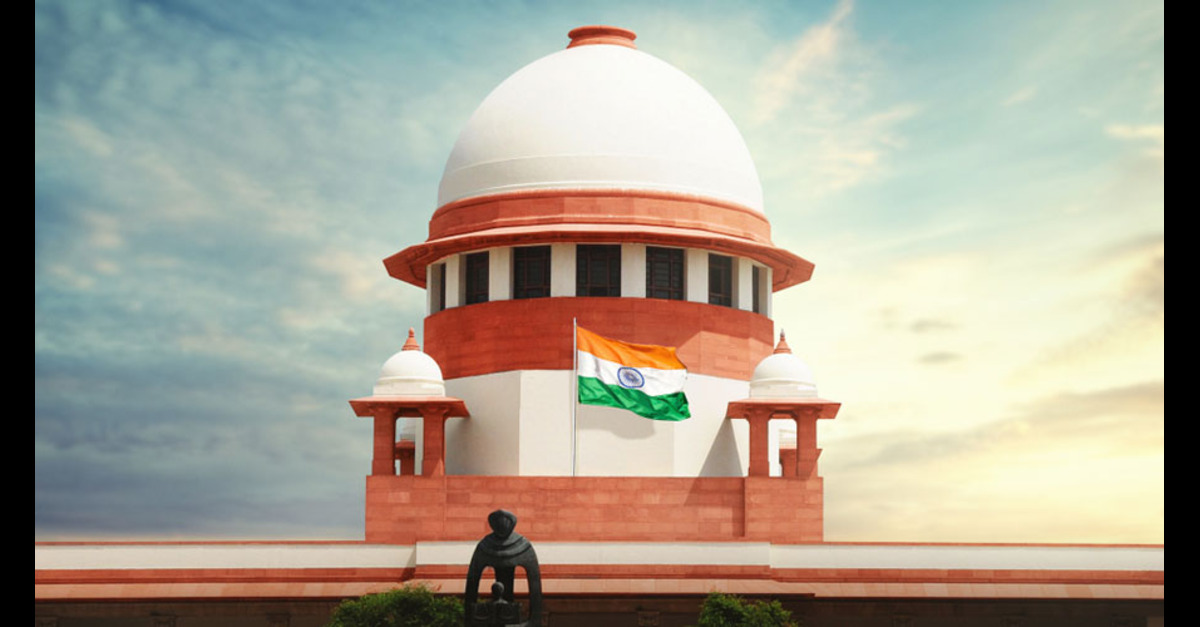Case Name: Amlesh Kumar v. State of Bihar
Case Number: Criminal Appeal No. ___ of 2025 (Arising out of SLP (Crl.) No. 5392 of 2024)
Date of Judgment: 9 June 2025
Quorum: Justices Sanjay Karol and Prasanna B. Varale
FACTUAL BACKGROUND
This appeal has been filed by the appellant-assesse under Section 19 -P of the Contempt of Court Act, 1971 against an interim order dated 9th November’ 2023 passed by the High Court of Patna inCrl.Misc No. 71293 of 2023. The High Court, while dealing with bail application of the appellant, accedpted the oral statement of the Sub-Divisional Police Officer (SDPO) Mahua that narco-analysis tests would be conducted on all the accused and their witnesses.
The appellant, Amlesh Kumar, was married to the sister of complainant on 11 December 2020. Complainant’s sister went missing on 21 August 2022 after being tortured in the name of dowry. Though the appellant stated that she disappeared while on way to Ayodhya, the F.I.R. (No. 545/2022) grounded that the deceased was subjected to foul play under Sections 341,342,323, 363, 364, 498A, 504, 506 and 34 is I.P.C. The bail application of the appellant’s family was accepted but the bail application of the appellant was rejected as the statements of co-accused were used as a confession to the murder of the boy.
In the HC, the court did not pass orders on the bail application and recorded the willingness of the SDPO to do narco-analysis tests, listing it for another date, which was challenged before apex court by the appellant.
ISSUES FOR DETERMINATION
- Whether the High Court could permit narco-analysis of accused persons while hearing a bail application.
- Whether a voluntary narco-analysis test report can be the sole basis for conviction.
- Whether an accused has an indefeasible right to undergo a narco-analysis test voluntarily.
LEGAL PROVISIONS
- Article 20(3) and Article 21, Constitution of India
- Section 27 of the Indian Evidence Act 1872
- 439, CrPC P leads the police to a certain locality, it may be possible to find the specific house of the accused with the help of the informant.
- Selvi & Ors. v. The State of Karnataka, (2010) 7 SCC 263
- Sangitaben Shaileshbhai Datana v. State of Gujarat, (2019) 14 SCC 522.
APPELLANT’S CONTENTIONS
The petitioner contended that it was unconstitutional as a forced narco-analysis test which is in derogation of fundamental rights under 20(3) Article 21. They urged that if such tests are conducted on the person in an involuntary manner, the results are not only not to be admitted in evidence, but the same would also be violation of personal liberty, as explained in the Selvi case. He also contended that the High Court acted beyond its remit under Section 439 CrPC.
RESPONDENT’S CONTENTIONS
The State argued that modern investigative methods like narco-analysis are necessary to solve complex crimes such as missing persons or suspected murder. It was submitted that the order was an investigative aid rather than a final directive and did not amount to a constitutional violation.
ANALYSIS
The Supreme Court decisively held that the High Court had exceeded its jurisdiction by accepting the SDPO’s proposal to conduct narco-analysis tests during bail proceedings. It reaffirmed the principles laid down in Selvi v. State of Karnataka, which prohibits involuntary administration of such tests as they violate the right against self-incrimination (Article 20(3)) and personal liberty (Article 21).
The Court criticized the High Court’s deviation from the standard procedure under Section 439 CrPC, which requires the court to consider prima facie allegations, custody period, and likelihood of interference with evidence or witnesses—not to delve into investigative methodologies. It emphasized that permitting such invasive procedures at the bail stage amounted to a “mini-trial,” a position condemned in Sangitaben Shaileshbhai Datana.
On voluntary narco-analysis, the Court clarified that even when consent is given, test results cannot form the sole basis of conviction. At best, subsequent discoveries flowing from such tests may be admissible under Section 27 of the Indian Evidence Act, provided proper safeguards are maintained.
The Court also settled the jurisprudential divide among High Courts by holding that there is no indefeasible right to undergo such tests; it must be judicially assessed based on consent, necessity, and adherence to NHRC guidelines.
JUDGMENT
The 9 November 2023 order of the High Court was superseded by the Supreme Court. It said forcing narco-analysis on someone or getting it done by such methods is not permissible under the constitutional umbrella and it cannot be permitted under any attitude. It also made it clear that voluntary narco-tests need to be videographed and under judicial supervision and according to NHRC guidelines.
The appeal was upheld, and the case was remitted for the High Court to rehear the bail application on its merits free of the taint of unconstitutional alleged investigation.
CONCLUSION
This is a historic judgment which reiterates the constitutional inviolability of private freedom and right against self-incrimination in criminal law. The Court emphatically discouraged “worming our way back” into due process that sidesteps investigative shortcuts, especially in delicate bail situations. As a precedent the judgment is of immense importance, for it draws an absolutely constitutional line limiting the use of scientific interrogation methods to means which are, at no stage of the investigation, at variance with the fundamental rights which have been guaranteed by the Constitution.
“PRIME LEGAL is a full-service law firm that has won a National Award and has more than 20 years of experience in an array of sectors and practice areas. Prime legal falls into the category of best law firm, best lawyer, best family lawyer, best divorce lawyer, best divorce law firm, best criminal lawyer, best criminal law firm, best consumer lawyer, best civil lawyer.”
WRITTEN BY HARINI S


